Course Description
Pregnancy and postpartum are extraordinary times in women’s lives that benefit from special guidance and attention. This course will lay the foundation for recommending basic ahara (diet) and vihara (lifestyle) for the mother. We will look at what is happening during each month of pregnancy according to western science and Ayurveda, and how we can adjust accordingly for each stage.
What do the classical texts say about pregnancy? How can we interpret ancient recommendations to be useful for modern life?
This course will cover pregnancy, birth, and the first two months postpartum. You will finish this module empowered and inspired to support women on their journey into motherhood with excellent health and the tools to handle imbalances.
Covered Topics
- Diet and lifestyle guidance for pregnancy and postpartum
- Tools to support women in labor
- How to treat common pregnancy and postpartum ailments with food & other natural methods
- Simple yoga asanas, breathing practices and meditations for each stage of pregnancy and postpartum
- Month by month view of pregnancy
- Adapting ahara and vihara for pregnancy and postpartum
- Menu planning
- Abhyanga
- Kitchen herbal remedies
- Demonstrate knowledge of how to provide ahara (diet) and vihara (lifestyle) guidance for women in pregnancy
- Be able to recommend dietary suggestions and “kitchen herbs” for at least five common pregnancy ailments, i.e. morning sickness, back pain, fatigue, and constipation.
- Demonstrate familiarity with marma points for labor and delivery
- Display understanding of women’s unique physiological and emotional states in postpartum and how to support them with ahara (diet) and vihara (lifestyle) recommendations.
- Ayurvedic practices to support labor and birth
- Marma points
- Essential oils
- Yoga asanas, breathing practices and meditations for each stage of pregnancy and postpartum
Course Instructor
Dr. Manisha Kshirsagar graduated from Pune University, India with a Bachelors degree in Ayurvedic Medicine and Surgery. She is also trained at the Indian College of Naturopathy and qualified as a Yoga Instructor from the renowned Kaivalyadham University in India. Dr. Manisha has been teaching Ayurveda, yoga for more than 10 years. She specializes in women and infant health, skin care and natural beauty treatments. She offers regular workshops on Ayurvedic nutrition and cooking, panchakarma and herbology.

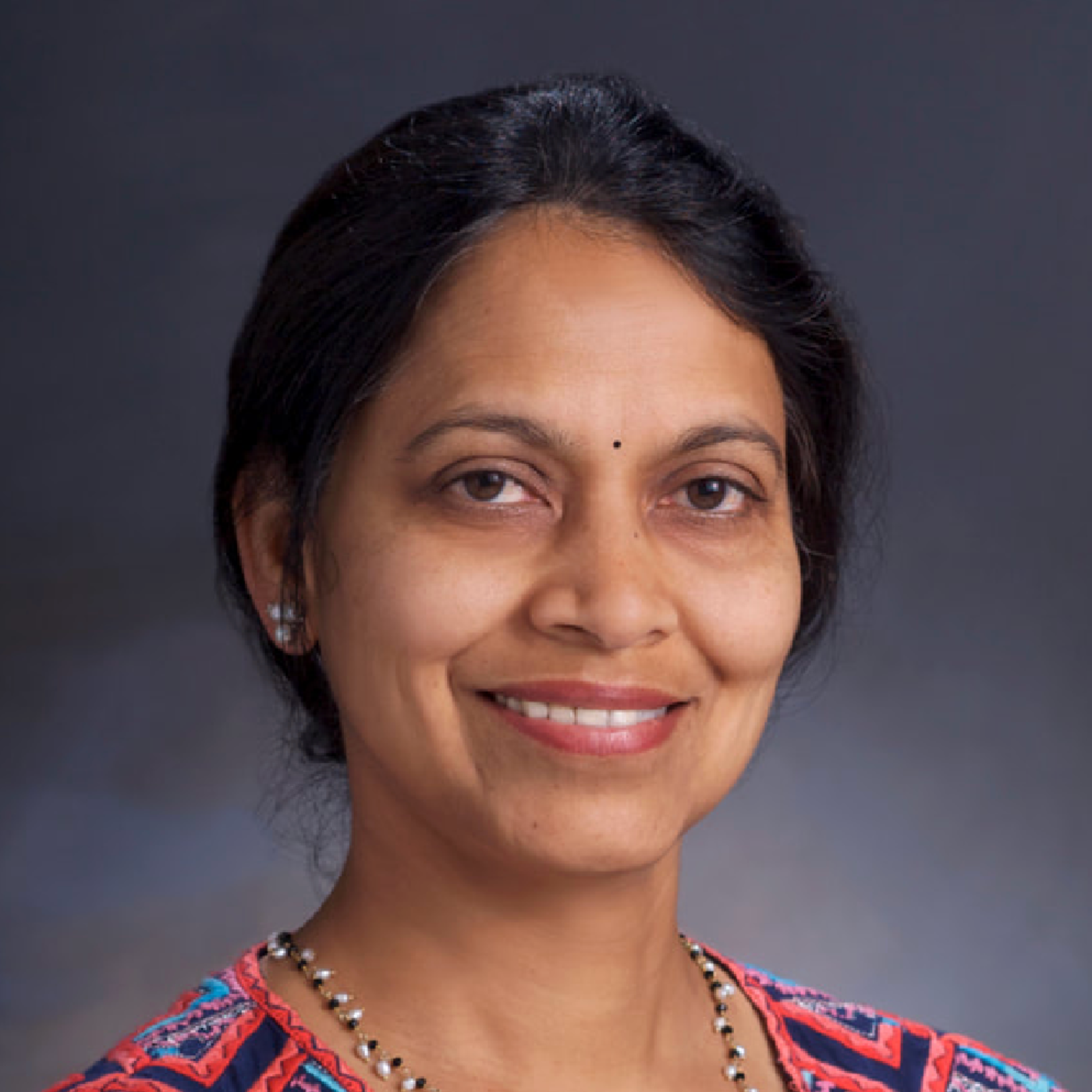
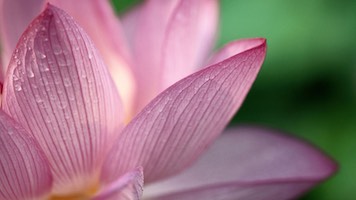







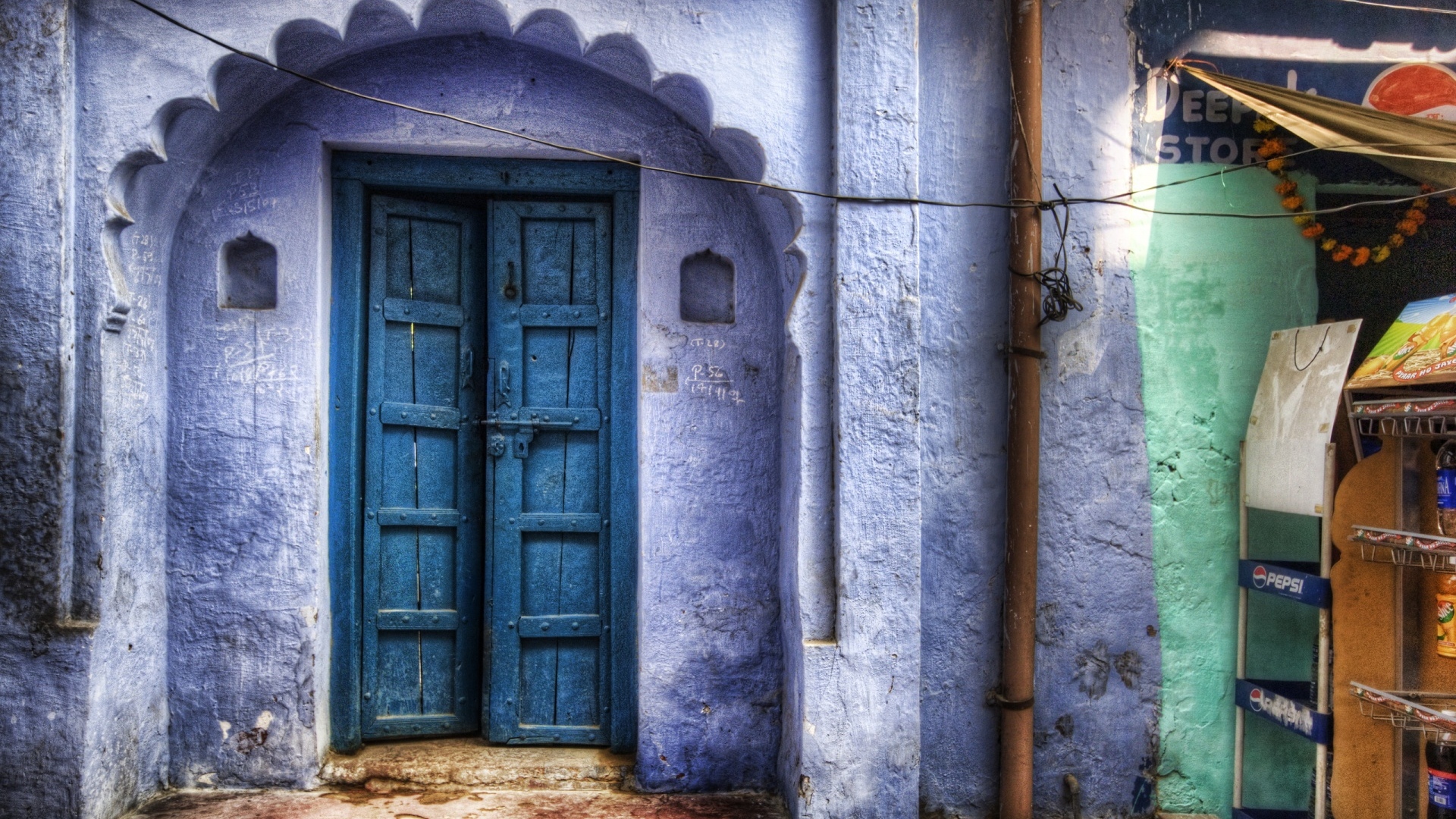
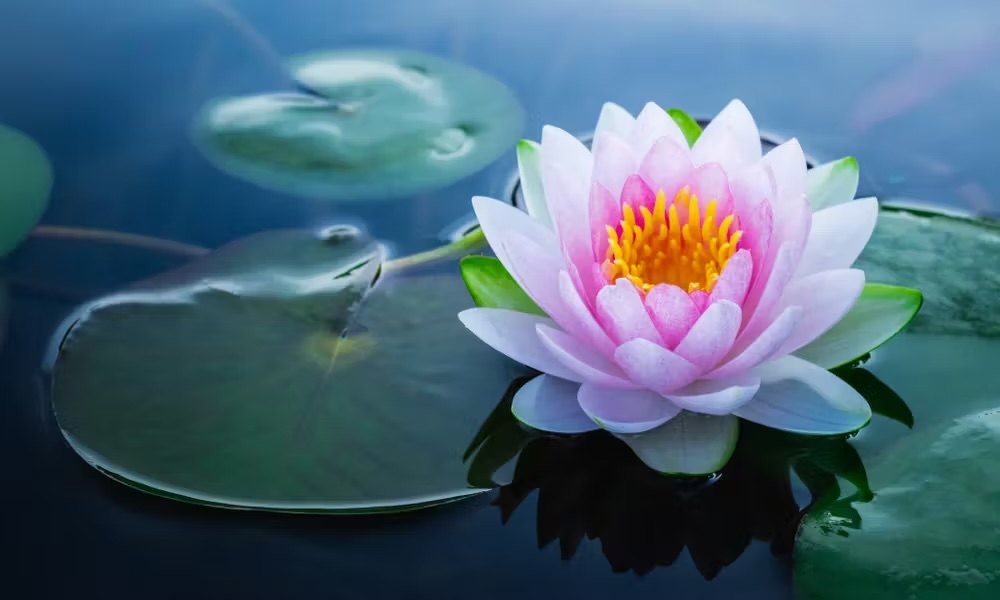


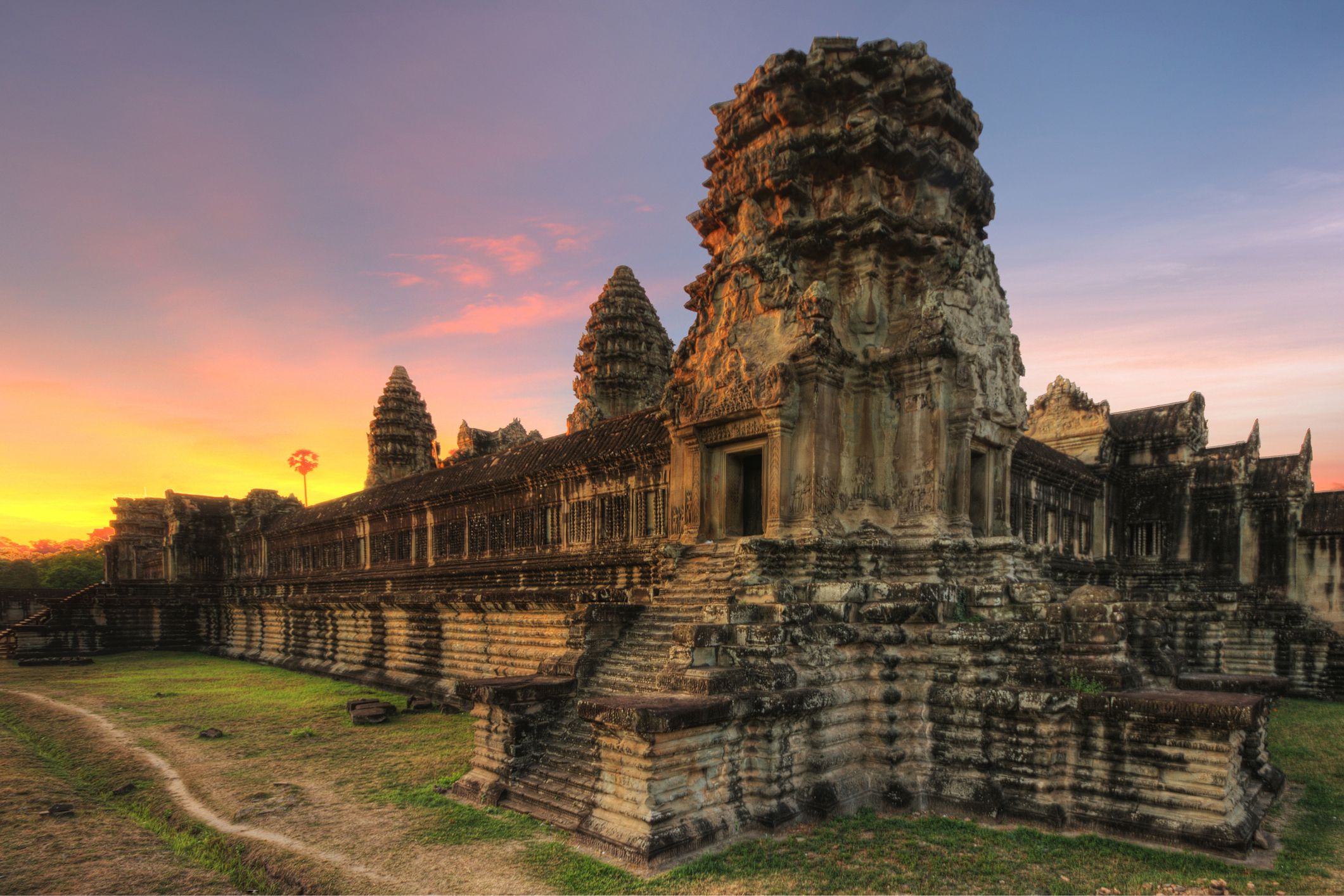
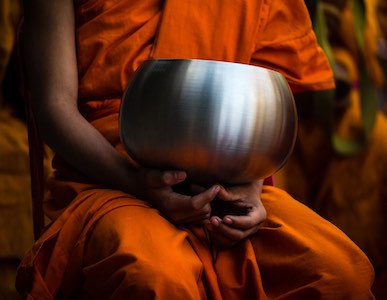

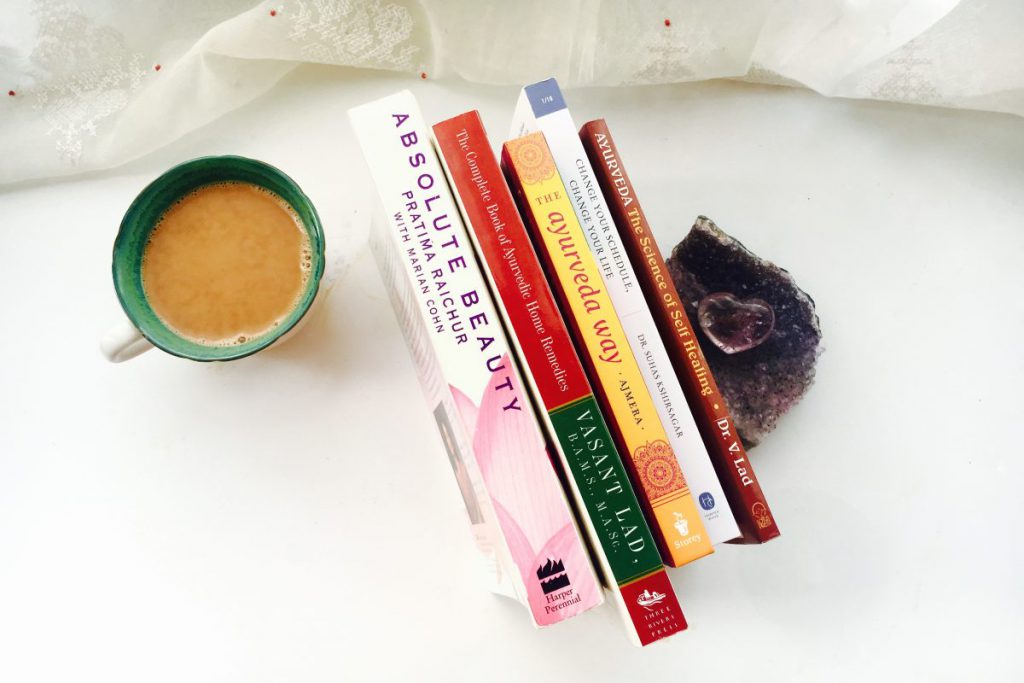



 Sevanti Adventures
Sevanti Adventures Sevanti Wellness
Sevanti Wellness Sevanti Practice
Sevanti Practice